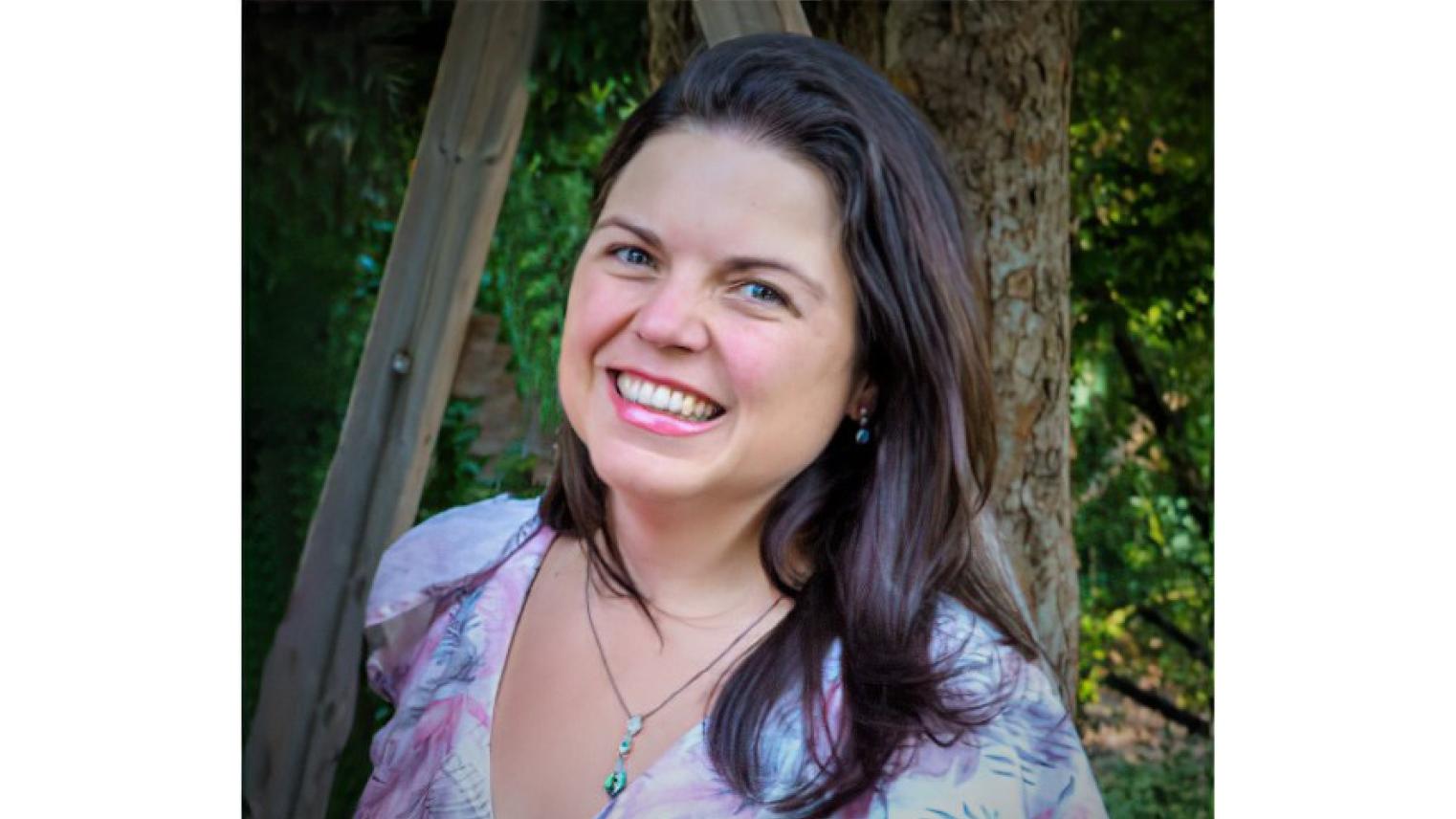Dr Larissa Schneider: Recipient of the 2022 Emerging Researcher Award, ICMGP (International Conference on Mercury as a Global Pollutant)

She’s an environmental scientist, the founder of Mercury Australia, and an early career DECRA Research Fellow at CHL’s Department of Archaeology and Natural History. Dr Larissa Schneider has already taken significant strides in her career, and the most recent feather in her cap is an international award she has just received—the ICMGP (International Conference on Mercury as a Global Pollutant) 2022 Emerging Researcher Award. We spoke with Larissa to congratulate her on this amazing achievement and to catch up with her on her research work and future plans.
Congratulations on winning the international honour of Emerging Researcher Award in Mercury Research. What does this award mean to you and for your future research plans?
Receiving the award was an incredible honour, the high point of my career to date. To be recognised as the Emerging Researcher amongst the most accomplished researchers in the world is just very rewarding; that’s a memory that I will treasure for life.
Is there anyone you would like to recognise for helping you achieve this latest honour?
Professor Simon Haberle has always mentored me on how to do good research and be creative to achieve the research outcomes you aim for. Simon has also taught me to respect traditional communities and work in harmony with different stakeholders, skills that were fundamental for me to get to this stage of my career successfully.
Tell us more about your research on mercury. What fascinates you about this area of expertise?
Mercury is very interesting to study. This chemical element has been used for thousands of years by several societies, bringing history and chemistry together into a research area full of cool facts. This chemical element is also very fascinating in the sense that it has several utilities in modern society but with several environmental and health consequences. Its toxic consequences very often lead people to question the benefit of industrialisation to human society.
What are some of the challenging aspects of research work related to mercury? How do you deal with such challenges?
The biggest challenge I have faced so far is when dealing with governmental agencies, which do not recognise the environmental issues caused by mercury pollution in favour of lobbying groups. The way I deal with it is to keep on doing my research independently and with the support of the university, without any bias.
What has been your favourite aspect of mercury research so far?
I think the most interesting aspect of working with mercury is the ability to interchange history with chemistry. I have convened courses that have combined both disciplines and it is fascinating how they together can lead to such unique discussions and views of humankind.
What are your future plans with respect to mercury and /or other scientific research?
I plan to apply for a Future Fellowship to take my mercury research to the next level. I also plan to keep teaching this subject across campus, taking advantage of the multidisciplinary approach that mercury allows us to bring to the classroom.
Larissa’s research uses deposited lake sediments as archives of past mercury contamination to understand the natural cycle of mercury and how humans have increased mercury emissions since the start of the Industrial Revolution. The results of her research inform decision-making on mercury contamination in Australia.
Larissa is currently working on establishing the main climate drivers and anthropogenic events to affect mercury fluxes in the Southern Hemisphere.
In addition to her scientific work, she has published articles on the interactions between science, policy and regulations on mercury, in particular focusing on efforts to better regulate mercury emissions by coal-fired power station in Australia.